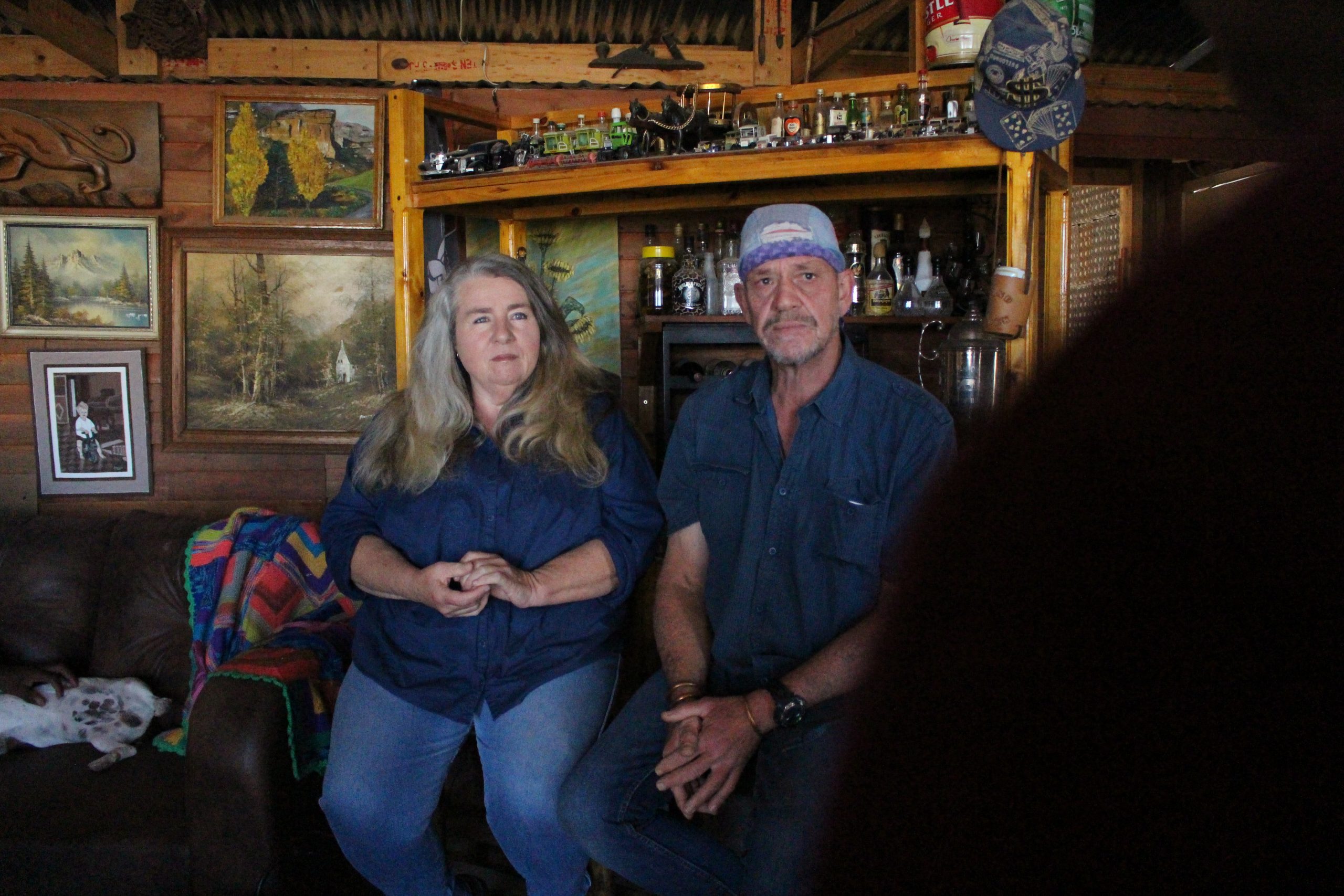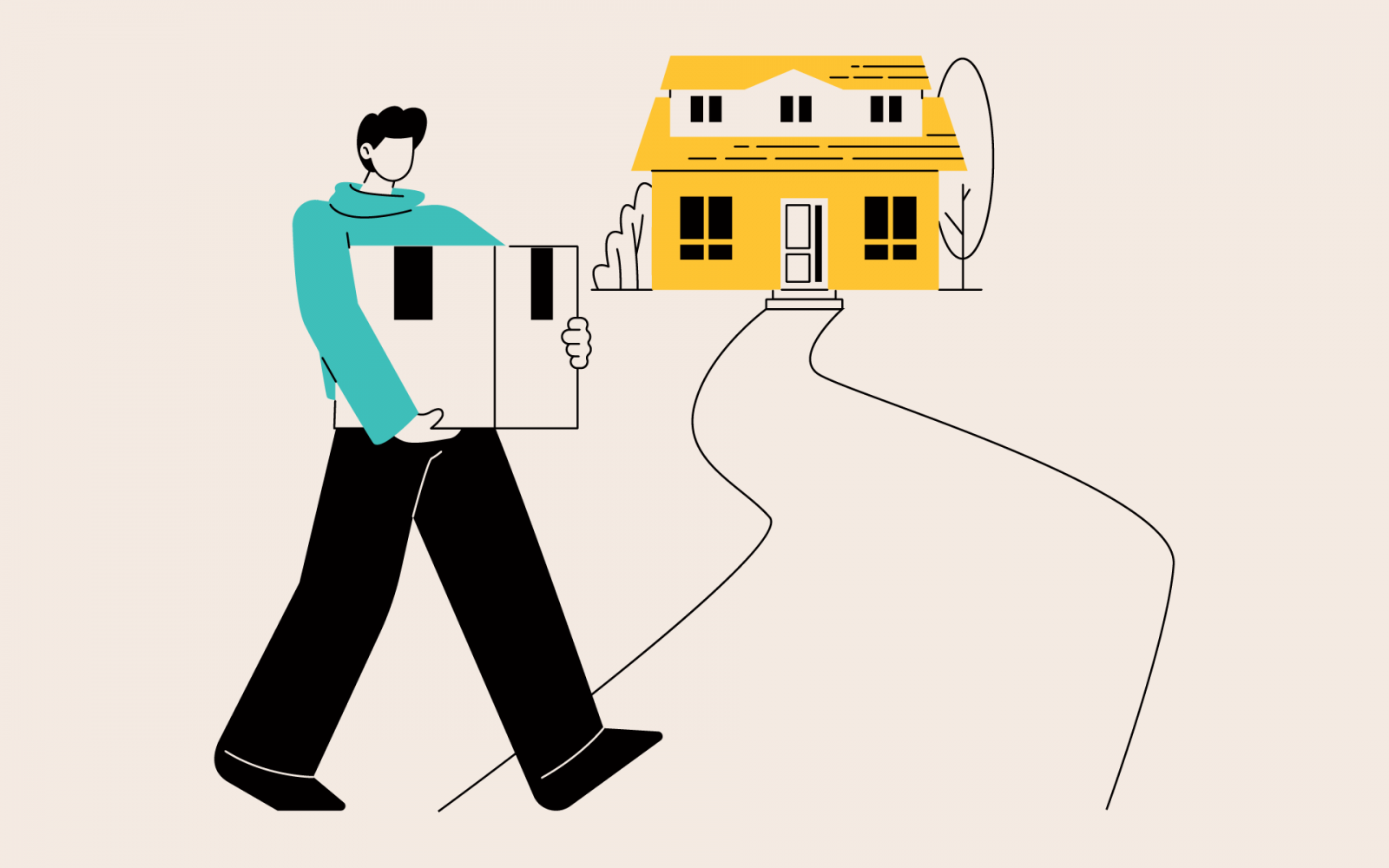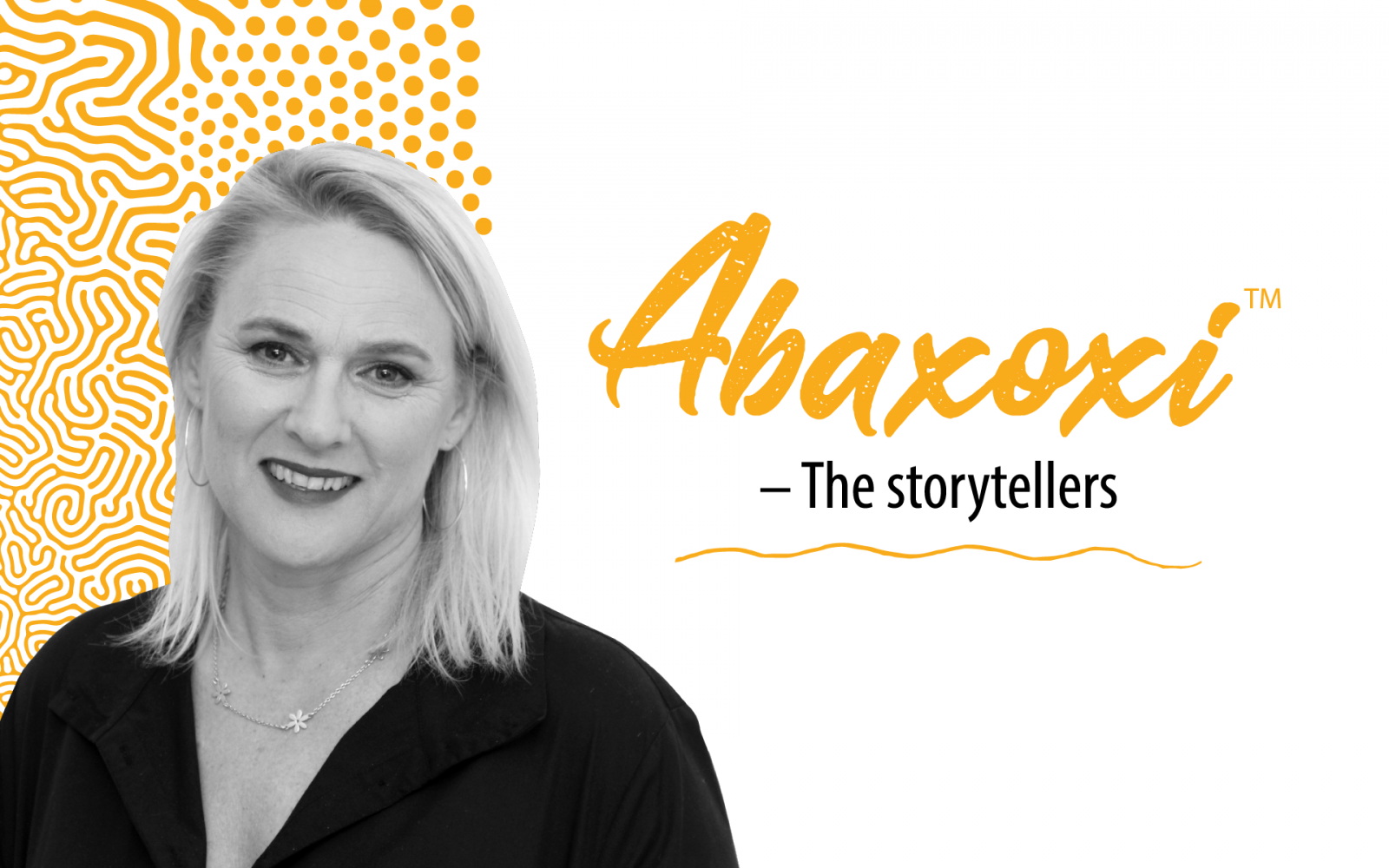How a ‘Villain’ and a ‘Boeremeisie’ found love and art in Hondeklipbaai

On the rugged West Coast of South Africa, the end of the road is where the new road begins.
On the rugged West Coast of South Africa, the end of the road is where the new road begins
On the day that Deon Venter freewheeled his Ford Sierra off the long dirt road, with the needle on the tank twitching on empty, he saw a sign that his life was about to begin all over again. The sign said: Welcome to Hondeklipbaai.
Here, between the windswept waves and the rolling scrubland, on a coast haunted by the rusting hulks of shipwrecks, Deon knew that he could never go back to where he started.
Back to the days when he held an AK-47 in his hands, and pointed it at a man who owed him money. Back to the days when he sat alone in his cell, touching a brush to the canvas, bringing to colour and light the vision of freedom that he saw in his mind.
But the trouble with freedom, as he would discover when he was let out on parole, having served seven years of his 10-year sentence, is that you never can tell where you might land up.
On his road trip from the West Rand of Johannesburg to ‘who knows where’, Deon stopped at a tavern in the small fishing town of Lambert’s Bay on the West Coast.
Here he met a fellow old soldier from the Border War days. Deon told him his story, and the soldier said, if you want to start your life over, there’s only one place you must go. And he pointed him all the way down the N7, past Doringbaai, Koekenaap, Nuwerus, Bitterfontein, and Garies, to a place called Hondeklipbaai. That was 15 years ago.
Today, Deon is happily at home in the hamlet – population 543, according to the 2011 census – in a converted Wendy House he helped build, alongside the battered old caravan that served as his first home and studio. And he isn’t alone.
A few years ago, idling the time between painting and fishing by tapping away on Facebook, Deon struck up a conversation with a kindred spirit, who shared his love of art, the sea, and faraway places.
“Well, come and live in my caravan,” said Deon to Madeleine Baumgarten, a Free State ‘plaasmeisie’ from ‘Odendaalsrus se wêreld’.
She, too, had travelled a hard road in life, and when she heard Deon’s voice over the phone, she felt a “spiritual connection – it was as if I’d known him for years”.
Still, Deon had a history, and he wasn’t the sort of person to try and hide it. He signed his paintings ‘Villain’, a name he took for himself on the day his mother died, and he wasn’t allowed out of prison to attend her funeral.
He was the villain of the family, and the guilt he felt for the hurt he caused weighed as heavily as the guilt that had sent him inside in the first place. But Madeleine could see beyond that.
“My first words to him,” she recalls, “were, well, obviously you went through hell, and obviously you’ve changed, and I’m willing to give you a chance. I’m not perfect either.”
She took the bus to Garies, a little farming town at the foot of the Kamiesberg in Namaqualand, about an hour and a half by car from Hondeklipbaai.
She had strict instructions from her father: “If you don’t like what you see, get straight back on the bus and come back home.” She saw Deon, waiting for her at the bus stop. She stayed.
They are married now, not just to each other, but to their art. They call themselves Villain & Madz Art, and in a good year, they sell as many as 120 of their oil on canvas and hardboard works, to West Coast wayfarers via their open air gallery, and to local and international art lovers via Facebook.
Deon paints vibrant Namaquascapes, stippled with the famous blooms of the region – “I never did art at school, but I understand colour,” he says – while Madeleine’s paintings are more romantic and swirling in style, featuring people and animals (she has a particular fondness for donkeys) as well as majestic land and sea and skyscapes.
The beautiful wooden frames for the works are handmade by Madeleine’s dad, Walter, who moved down from the Free State recently to be with the artists in his family.
They paint in separate spaces, Deon in his old caravan and Madeleine on the stoep of the Wendy House, where she can see the wild Atlantic in the distance.
“We would fight a lot otherwise,” says Deon. “Two artists under one roof. That wouldn’t work. But we feed on each other. We build each other up.”
It’s important to have that kind of relationship and be comfortable in each other’s company in Hondeklipbaai, because nothing much happens here.
“There’s very little crime,” says Madeleine. “It’s an adrenaline free place,” says Deon. But then he remembers the youths who snuck into someone’s garden and made off with their medicinal marijuana plants the other night.
And people still talk about that time, in the 1970s, when someone chopped the nose off the ‘Hondeklip’ – the big rock shaped like a dog on the shore – and left it looking more like a ‘klip’ than a ‘hond’. But that’s about it for excitement.
They’re not going to pretend it’s an easy life out here. It’s hot and it’s dry, and the wind blows salty and hard. But then the flowers bloom, and the world is ablaze with colour and light, and people come from afar to marvel at nature’s great works of art.
“Namaqualand isn’t just its flowers,” says Deon. “The real flowers of Namaqualand are its people. They are hardened people, people who know about ‘swaerkry’. But they are also people who will help each other. Their hands are hard, but they’re people with heart.”
And now Madeleine and Deon are among them, flowers of Namaqualand, living on the edge of the ocean, making art that makes people happy, at the end of the road where the new road begins.
*For more fascinating stories about the remarkable people and places of the West Coast, watch Weskubewoners, brought to you by BrightRock, on kykNET every Thursday at 21:00.




